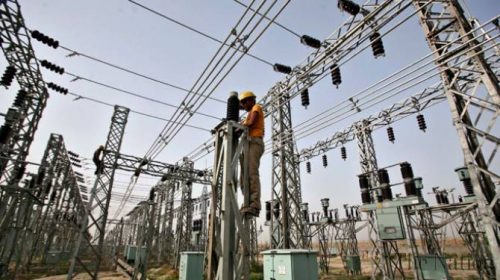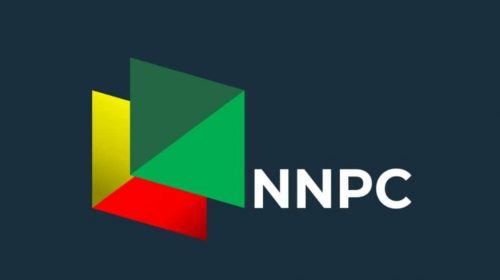Search for solutions to Malaria continues into 2017 for Nigeria Prize for Science
The Advisory Board of the Nigeria Prize for Science sponsored by Nigeria LNG Limited (NLNG) has announced the extension of the search for solutions to the Malaria scourge into 2017 competition after an evaluation of 15 entries submitted for this year’s prize.
This is the first of such extension in the prize competition since it commenced in 2014.
The Advisory Board for the Science Prize, led by Prof. Akpoveta Susu announced its decision to carry over the theme “Innovation on Malaria Control” to 2017. Professor Susu said “After a thorough evaluation of the fifteen (15) entries received, it was decided that the theme be repeated and the call for entries extended for another year.”
Reacting to the verdicts, the General Manager, External Relations at NLNG, Kudo Eresia-Eke, said “The decision to extend the call for entries for the Science Prize is a welcome development as it provides an opportunity for Scientists who might have missed the initial call the opportunity of making submissions while those who had earlier applied can resubmit more robust entries. Hopefully at the end of the exercise next year we would get a result that would be very qualitative and valuable for Africa and the world.”
The Science Prize is administered by the Board consisting of Professor Susu, Professor Michael Adikwu, another past winner of the science prize; Professor Elijah Mshelia, a nuclear physicist; Professor Barth Nnaji, renowned scientist and former Minister of Power; and Chief Dr. Nike Akande, President of Lagos Chamber of Commerce and Industry.
The Board was inaugurated in January 2016 after a review of the prize administration to re-positioning the prize for better impact on living standards in the country and place as one of the leading science prize in Africa.
The first winner for the Science Prize was in 2004, Professor Akpoveta Susu and Dr Kingsley Abhulimen. Other winners of the prize are Professor Michael Adikwu, Dr. Ebenezer Meshida, Professor Andrew Nok and Professor Akii Ibhadode.







Leave a Reply